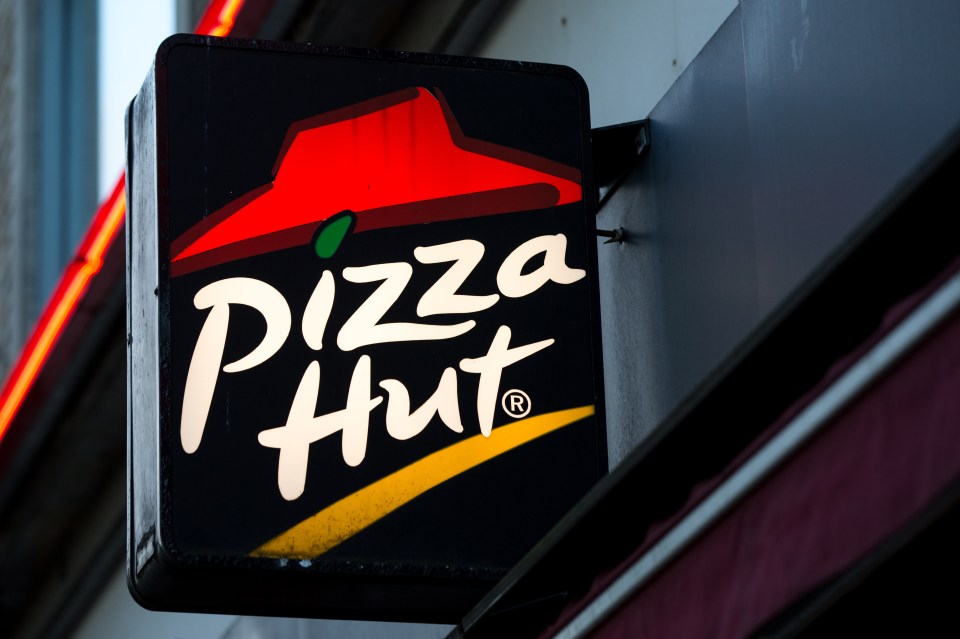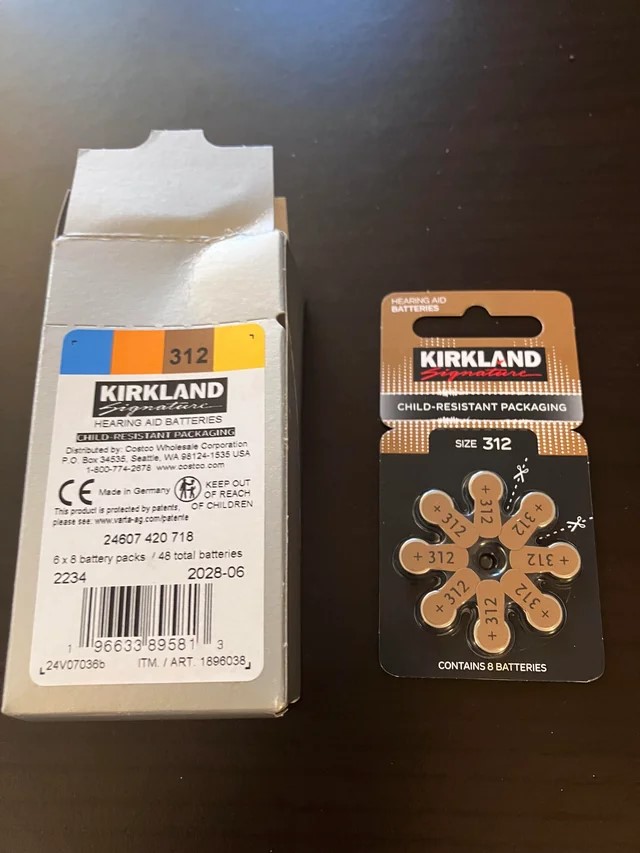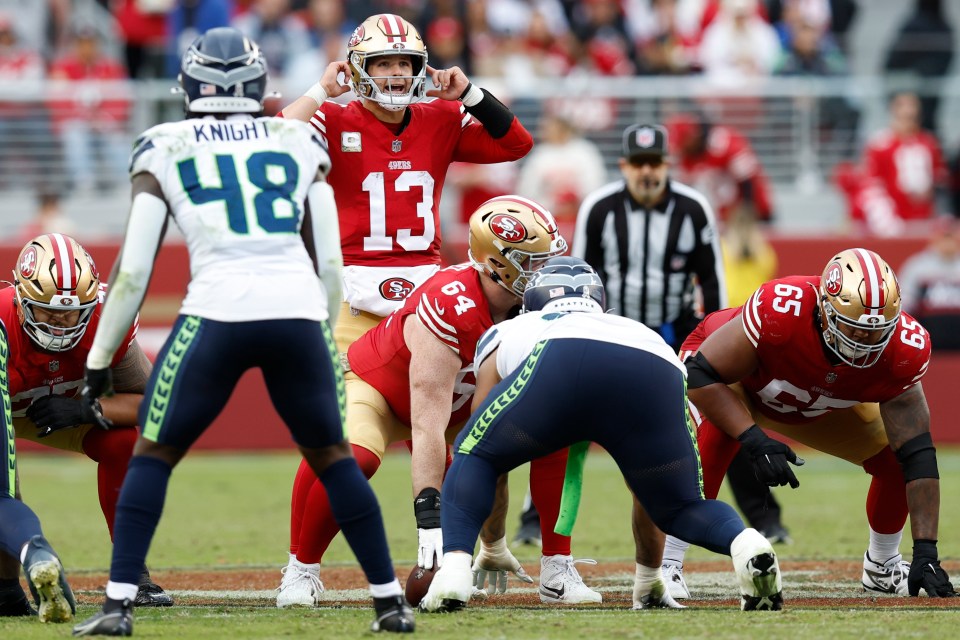Bank Teller’s Advice: Avoid These Are The 10 Frequent Banking Mistakes
DEBARYLIFE – Banking is probably not the first thing that comes to mind for most individuals because they lead busy lives and must balance work, family, and social obligations.
Probably the only times you give your banking any thought are when you pay your bills online or use the ATM, but this may not be nearly enough to save you from making some expensive blunders. You would be better off avoiding financial issues or having your money depleted by things you are unaware of or haven’t paid attention to.
GOBankingRates met with Sherry Dvorak, a teller and manager at the Warrenville branch of Amalgamated Bank of Chicago, and Kimberlie McGee, who is currently the chief teller at Addition Financial Credit Union in Florida.
Not Examining Account Statements
According to McGee, failing to examine your bank statements is one of the easiest mistakes you can make when banking. It’s a habit you should avoid.
According to her, “not checking statements on a regular basis can result in missing errors, fraudulent activity, or needless fees.” “Not to mention that if someone finds paper statements you’re not monitoring beforehand, it could lead to fraud.”
Ignoring Charges
Certain bank accounts impose fees if your balance falls below a predetermined threshold; not all bank accounts are free.
According to McGee, “many customers overlook maintenance fees when choosing a bank account, which can add up over time.”
Disregarding Interest Rates
McGee stated that “some consumers keep funds in accounts with low interest rates, missing out on potential earnings” with regard to savings accounts.

When your balance is high enough, high-yield savings accounts can help you outpace inflation with your money and bring in a sizable additional income.
Using Other Banks’ ATMs
Using ATMs owned by other banks might result in penalties from banks as one of their loyalty programs.
SEE MORE – Latest Updates On U.S. Bank Savings Account Interest Rates For 2024, What Is The Pros?
According to McGee, “using ATMs from other banks can result in costly fees, especially if done frequently.” Using ATMs at gas stations or other locations can also result in fees, according to McGee. These fees are related to using the ATM itself, and there may be additional fees from the financial institution.
Dvorak also advised against using ATMs in places like bars, casinos, or convenience stores since they frequently have skimming devices installed that can steal account information and be used to perpetrate fraud.
Not Making Use of Mobile and Internet Banking
You’re losing out on the efficiency and convenience of online and mobile banking services if you’re still paying your bills the old-fashioned manner, by sending checks in the mail, and just reviewing your paper statements, according to McGee.
Dvorak went on, “Late delivery of mail could cause your check to arrive after the due date and result in a late payment fee.”
In addition, she mentioned that a lot of utilities allow you to plan monthly recurring payments ahead of time, ensuring that your bills are always paid on time. “You’ll avoid late fees and, more importantly, have fewer things to remember.”
Account Overdrafting
“Costly overdraft fees can result from careless spending or failing to monitor account balances,” McGee cautioned.
This occurs when you use their debit cards after the money has been spent and fail to maintain track of your transactions.
Disregarding Security Procedures
McGee cautioned that accounts might become susceptible to fraud if safe passwords are not used, two-factor authentication is not enabled, and suspicious activity is not monitored. Make sure you maintain your security, and don’t rely solely on luck.
“Senior members or customers still use checks, which can be lost in the mail and result in stop-payment fees and additional costs associated with ordering checks,” stated McGee. “This may also result in the need to update their account information or in possible fraud.”
Failure to Keep Minimum Balances
According to Dvorak, certain bank accounts charge a fee if your monthly average balance is less than a certain amount, or even if it is less than the minimum for a single day.
“Ensure that you are aware of any minimum balance requirements associated with your account, and keep a sufficient amount in order to prevent incurring fees,” she advised.
Disregarding Transaction Limits
According to Dvorak, there are certain account kinds (often savings accounts) that charge fees if you make more transactions than a certain amount each month.
Plan ahead if one of these thresholds applies to your account so that you can take larger, less frequent withdrawals and avoid incurring fees.
Not Protecting Your Main Account
Dvorak advised considering opening a second checking account specifically for high-risk account transactions like internet purchases and vacation expenses.
“You can quickly disable your compromised [debit] card and continue using your primary account to make regular, day-to-day purchases.”
You can save money and achieve financial security by making a few little adjustments to your banking practices.











